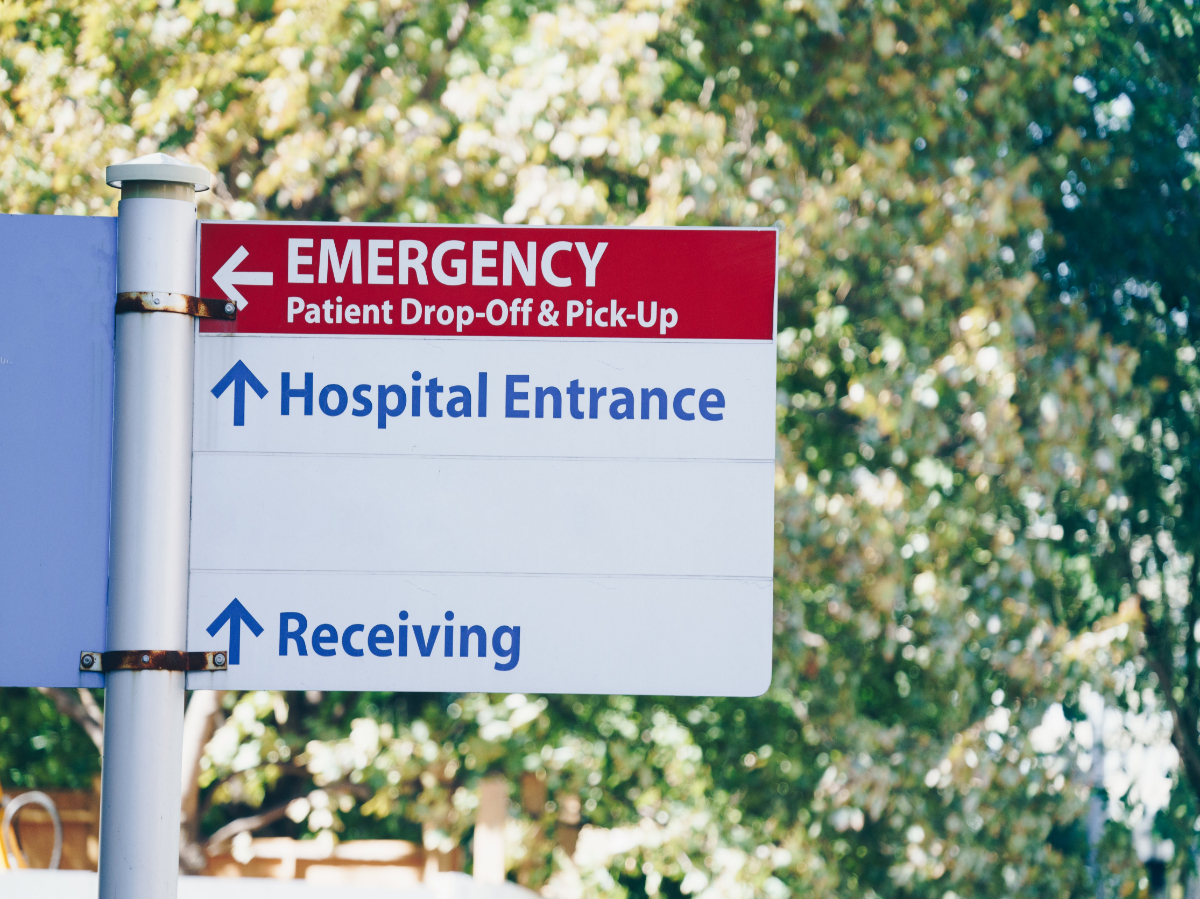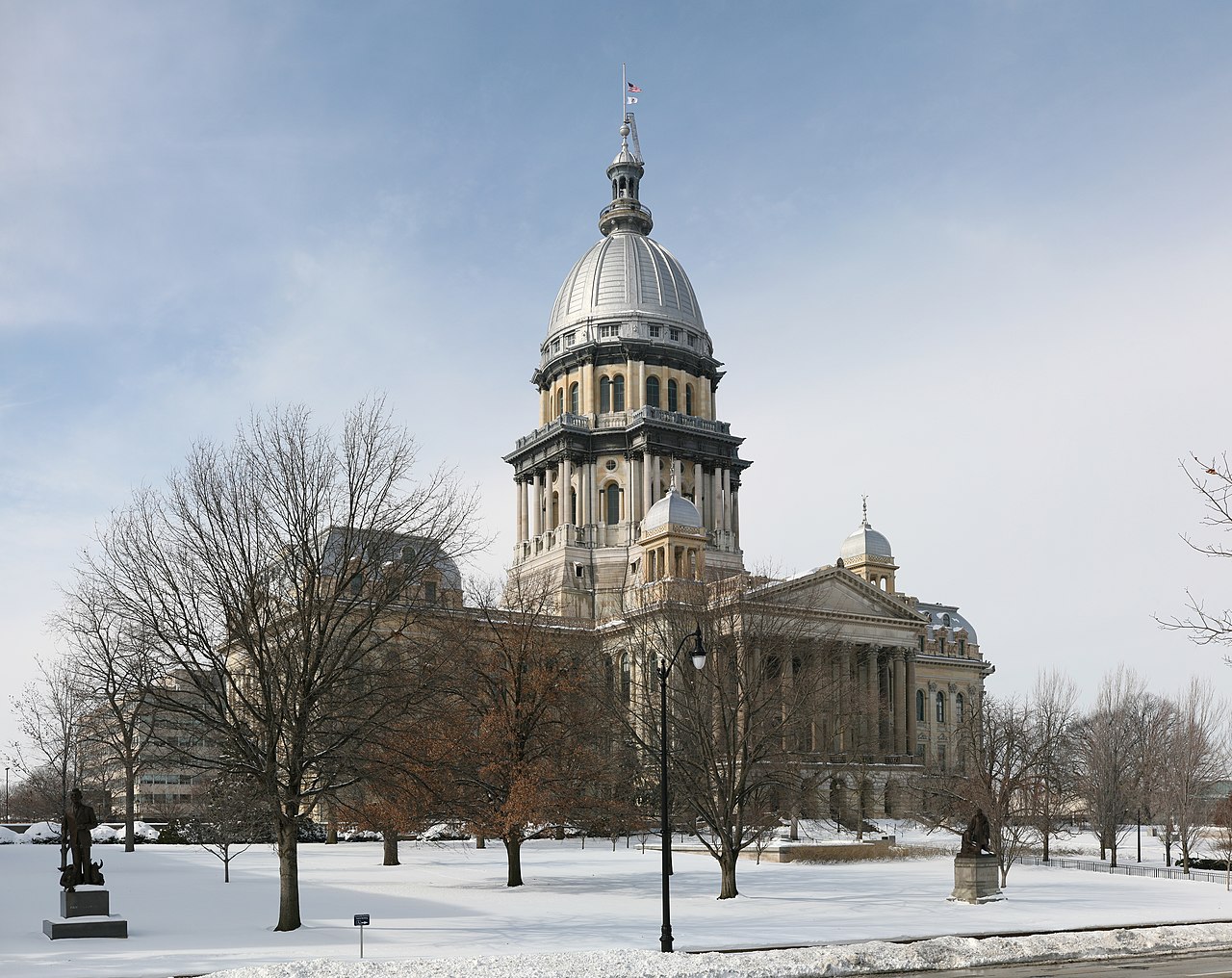
Consumer tips on how to protect yourself from surprise medical bills
How to use Washington's law to protect yourself from surprise medical bills

Imagine you go to a hospital for a routine procedure. You’ve made sure your hospital and doctor are covered by your insurance. The procedure goes well and you head home to recover. Two weeks later, you get the bill, but instead of the copay you expected, you get a bill for nearly $4,000. Turns out, the anesthesiologist who assisted with your procedure was “out of network” and your insurance won’t cover that bill as you expected. You’ve received a surprise medical bill and now owe the difference between what your insurance will pay the out-of-network anesthesiologist and what you were billed.
What is a “surprise” medical bill?
You receive a surprise medical bill when, through no fault of your own, you are treated by providers outside of your insurance network. These out-of-network providers can charge exorbitant rates only revealed when the bill arrives. The average emergency room surprise bill is around $600, but these bills can range into tens of thousands of dollars. When out-of-network providers charge these high rates, it drives up costs for everyone. Consumers are burdened with higher bills that they had no way to avoid. And when insurers have to pay their share of this higher charge, they’re likely to pass on that cost to everyone by raising premiums.
Know your rights:
In Washington, currently some consumers are protected from certain surprise medical bills. It is important to know your rights to protect yourself from these illegal out-of-network charges. If you have insurance through Medicare, Medicaid (Apple Health) or Veterans Affairs Health Care, you are fully protected from surprise bills. These consumer tips are for people covered under any other type of insurance.
If your insurance plan is regulated by Washington state law, you are protected from surprise out-of-network bills related to care in these situations:
-
Emergency treatment in Washington, Oregon, or Idaho
-
Non-emergency treatment by an out-of-network provider at an in-network hospital or in-network ambulatory surgery center. This covers ancillary services, including but not limited to imaging or lab work.
The out-of-network provider or facility is prohibited from sending you a bill. You are only responsible for what your insurer normally requires a patient to pay for in-network treatment. The amount you pay will be counted toward your out-of-pocket maximum. Any overpayments must be refunded within 30 business days by the provider, facility, or hospital.
If you do receive a bill from an out-of-network provider for any of these situations listed above, inform your insurer at once and follow the steps below on “How to fight a surprise bill.”
Remember: To be protected under Washington’s surprise medical bills law, you must be insured by a state-regulated plan. Call your insurer to see if your plan is covered by these protections. Some other health plans offered in Washington may have chosen to take advantage of these protections. Find out by checking the list at the Office of the Insurance Commissioner.
You could be required to pay an out-of-network bill in the following situations:
-
If you knowingly, voluntarily, and specifically choose a provider or facility not within your insurance network. Actively choosing an out-of-network provider will result in a higher copay and additional costs your insurer will not cover. Do your best to stay with in-network providers to keep down your out-of-pocket costs.
-
If you are transported by an out-of-network ground or air ambulance. See the section “tips for lowering a medical bill” below to learn how you can try to lower your bill from ambulances not covered by your insurer.
For more tips on your rights under Washington law, use the resources at the Office of the Insurance Commissioner.
How to prevent a surprise medical bill:
Because Washington’s law does not protect everyone in every situation, here are a few steps you should take to prevent a surprise medical bill.
-
Check with your insurer to make sure you are choosing a provider that is covered by your insurance. Make sure that the hospital or health care facility (lab, diagnostic center, surgery center) is in your insurance network before receiving treatment. In Washington, health plans are required to post on their websites a list of all providers that are covered within their network.
-
When planning hospitalizations at an in-network facility, check with the facility to ensure that all providers (surgeons, anesthesiologists, and others), lab services (such as blood work) and imaging services (such as X-rays and MRIs) are covered by your insurance plan. If you end up getting referred for unexpected tests or consultations, ask again to be sure those providers are in-network for your plan. Be specific in requesting that all services you may need are covered by your insurer.
-
Ask for an advanced explanation of benefits from your health plan to estimate all costs covered by them and costs billed to you.
-
For emergencies, know where your nearest in-network emergency room is and use it whenever possible.
-
You have more billing protections when you are insured. If you are uninsured in Washington, find out if you qualify for Washington’s state insurance plan Apple Health by going to Washington Healthplanfinder.
What to do if you receive a surprise medical bill:
If you receive a surprise out-of-network charge or think your bill is incorrect, use these tips to attempt to lower a medical bill.
-
Make sure you are looking at an actual bill or invoice. An “Explanation of Benefits” is not a bill.
-
If the bill looks incorrect, do not ignore it. Call your insurance company and ask for more information. Sometimes bills are sent before the insurance company has made its portion of the payment.
-
If you think you have received a surprise medical bill, you can use your rights to fight the charges. But first, be sure the bill is covered by Washington’s consumer protections. Here are a few questions to ask.
-
Is your insurance plan a state-regulated plan or has your plan opted in to the protections? If you are unsure, use the resources provided by the Office of the Insurance Commissioner to check.
-
Is the bill for more than your typical copay and coinsurance for in-network services?
-
Is the bill for treatment in an emergency room?
-
If the care was not in an emergency situation, was the facility in-network?
If you are able to answer yes to all of these questions, then you should call your insurer to tell them you believe it is a surprise bill which you should not have to pay. You can also file a complaint with the Office of the Insurance Commissioner.
Tips for lowering your medical bill:
If your plan is not protected by Washington’s law or you receive a surprise bill for ambulance transport or some other reason, you may be able to lower the amount you owe by negotiating with your provider and insurer. Use these tips to try to lower your bill:
-
Ask for an itemized bill and check that you are not being mistakenly billed for treatment you did not receive.
-
Compare the itemized bill to your Explanation of Benefits to see whether your insurer is paying their share. Sometimes patients are billed for services because their provider sent the wrong billing code to the insurer.
-
Contact your provider and ask about anything you don’t understand.
-
Contact your insurer to see if any mistakes were made on their end.
-
If there are no mistakes, try negotiating with your provider. Many hospitals have patient advocate departments to help you negotiate the bill, and non-profit hospitals have a duty to offer payment plans or discounts to consumers who are eligible.
-
Contact the Office of the Insurance Commissioner. They may be able to help you fight the bill.
-
Keep careful notes of all conversations you have. Get the names of the people you are speaking to. Keep your files in one place for easy access.
-
Be patient and clear in your requests.
Special information during the COVID-19 pandemic
Testing for COVID-19 is free for both insured and uninsured consumers. Health plans are required to cover the cost of testing (even if you don’t have symptoms or have not been exposed to someone with COVID-19). This means that if you want to be tested for any reason, such as before visiting a family member, your insurance must pay for the test and cannot bill you for any copay, coinsurance, or deductible. Complaints can be filed with the Office of the Insurance Commissioner if you are charged for your COVID-19 test.
Even though the COVID-19 test is free, many people have been billed for other fees, such as a “facility fee.” When you choose a testing site, call to be sure there are no additional fees. To find out more about COVID testing in Washington, use this resource.
COVID-19 vaccines are available to all people 16 or older who live in Washington State. These vaccines are free and insurance plans are required to pay for any associated administration costs without cost-sharing. If you do receive a bill related to your COVID-19 vaccine appointment, contact your insurer. You are not required to pay any cost-sharing (copay, coinsurance, or deductible) related to getting a vaccine against the COVID-19 virus.
If you are charged any fee, file a complaint with the Office of the Insurance Commissioner.
More consumer protections are coming in January 2022:
In a victory for consumers, Congress passed the No Surprises Act to expand surprise billing protections to all insured Americans. This means that Washington residents covered by federally regulated plans who are currently without protections under Washington law will be protected from surprise bills beginning in 2022. The federal protections will closely mirror Washington’s laws, protecting patients from surprise out-of-network bills for emergency treatment and from surprise bills for non-emergency treatment at in-network hospitals. The law will also prevent air ambulances from sending out-of-network surprise bills.
Topics
Authors
Patricia Kelmar
Senior Director, Health Care Campaigns, PIRG
Patricia directs the health care campaign work for U.S. PIRG and provides support to our state offices for state-based health initiatives. Her prior roles include senior policy advisor at NJ Health Care Quality Institute, associate state director at AARP New Jersey and consumer advocate at NJPIRG. She was appointed to the Ground Ambulance and Patient Billing Advisory Committee in 2022 and works with patient advocates across the U.S. Patricia enjoys walking along the Potomac River and sharing her love of books with friends and family around the world.
Find Out More

Our 2024 priorities in the states

Celebrating new protections taking effect in 2024

Why doctors’ offices bill patients as if they’re in a hospital – and why that should stop.

